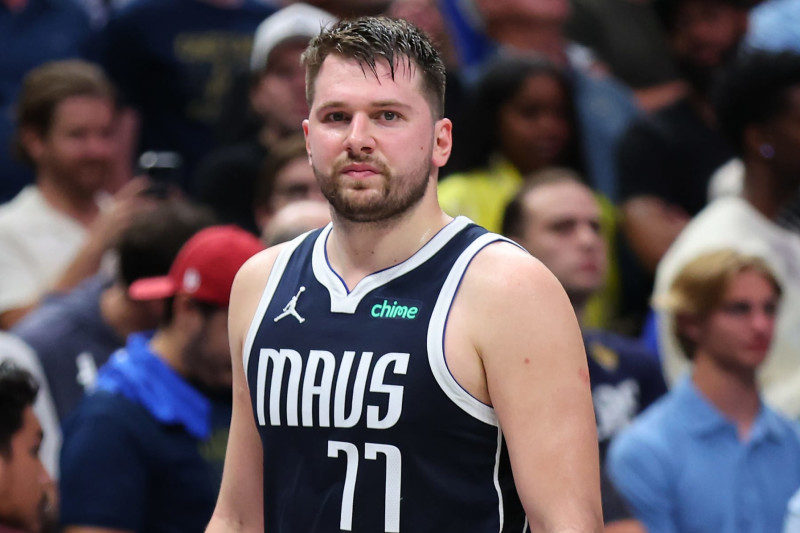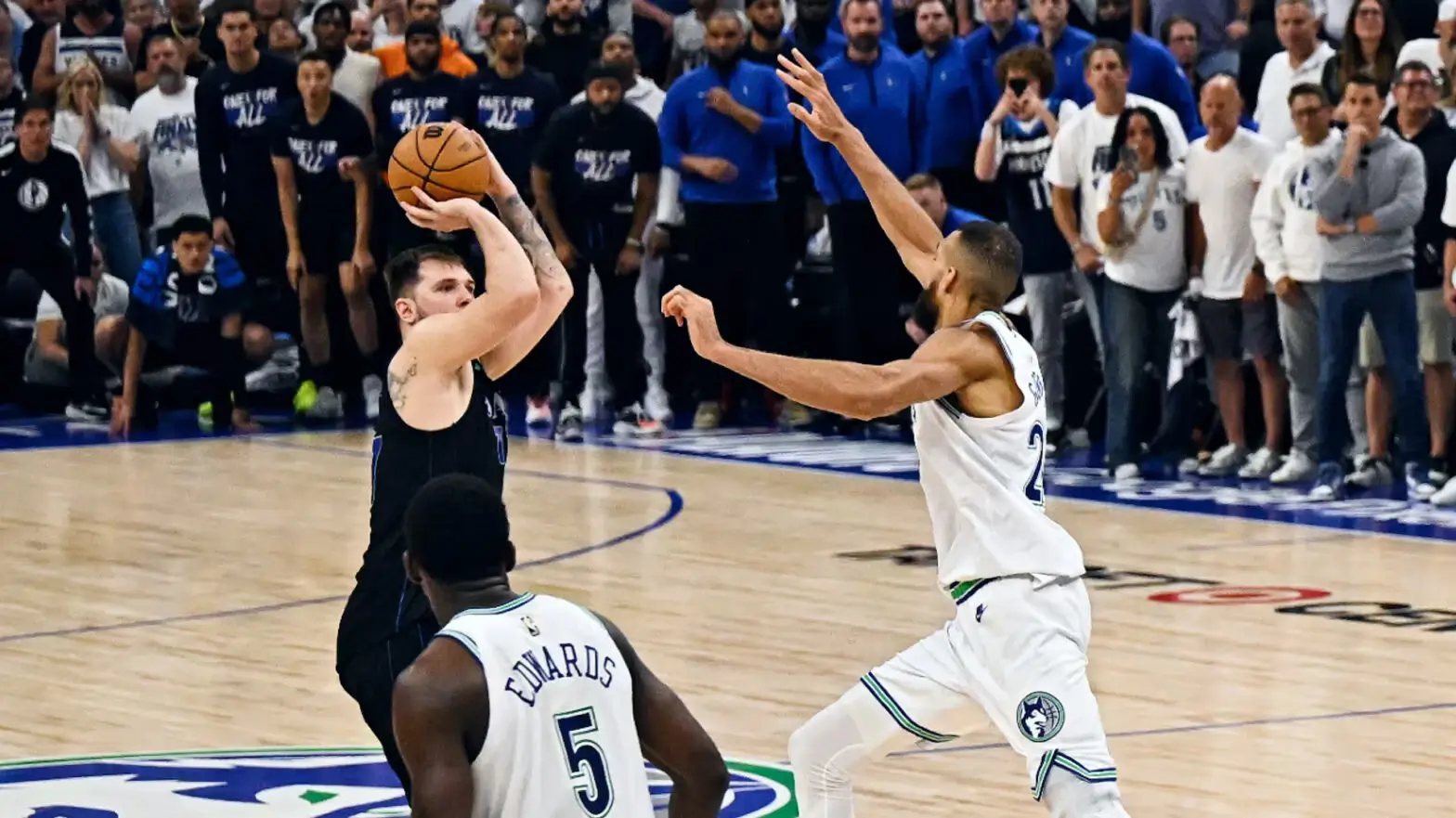A showdown between former heavyweight champion Mike Tyson and social media influencer-turned-fighter Jake Paul on Friday is the latest one-two punch from Netflix, as the media giant hopes to cash in on sports’ sprint to streaming.
The intergenerational showdown has all the makings of a crossover hit, with 58-year-old Tyson bringing in the old guard and 27-year-old Paul, who achieved early fame on YouTube, appealing to the younger, screen-toting social media junkies.
Available to all of Netflix’s more than 280 million subscribers for no additional fee, it could be a welcome change for American boxing fans accustomed to shelling out extra to watch marquee matches on long-time broadcaster HBO.
“The trend in all sports right now is moving some of their properties to streaming,” said Bob Dorfman, a veteran San Francisco-based sports marketing analyst.
“This is two huge personalities – it does have the potential to be the biggest streaming sports event.”
Advertisement · Scroll to continue
The American subscription television network HBO announced in 2018 it was dropping live boxing from its programming, ending a 45-year relationship with the sport and leaving a broadcasting vacuum in its wake.
Netflix has dabbled in sports content before, with exhibition golf and tennis events and the wildly popular docuseries “Formula 1: Drive to Survive,” which is credited with boosting the auto racing circuit’s popularity in the U.S.
The fight at the 80,000-capacity AT&T Stadium in Arlington, Texas, its first live boxing event, works in favor of Netflix’s strategy of providing proprietary content that viewers cannot find elsewhere.
While the fight will not have traditional advertising, it has sponsors whose messages will be part of the live streamed event.
Advertising is not a major contributor to the streamer’s current revenue, though its ad-supported tier is quickly growing, with 70 million subscribers reported this week, up from 40 million in May.
The mega-event is the sign of a lasting love affair between sport and streaming, said Neal Pilson, the former president of CBS Sports, though he predicts streaming and traditional broadcast will exist side-by-side for the foreseeable future.
“This is a one-time-only event… It’s more as a novelty in my view. It doesn’t change the industry,” said Pilson, president of Pilson Communications.
“The industry is still going to be driven by the league deals (like) MLS, NFL, Major League Baseball.”
Amazon Prime picked up Thursday Night Football in 2021 and MLS signed a 10-year mega-deal with Apple TV in 2022 worth a reported $2.5 billion.
Major League Baseball signed a deal with Apple for “Friday Night Baseball,” a weekly doubleheader, in 2022, as well.
Leagues have been gravitating to streaming both because it reaches a global audience, including younger viewers, who are not watching traditional television.
MLS Commissioner Don Garber said the Apple streaming platform allows MLS to better take advantage of the sport’s global fanbase.
“We were seeing the difficulty of getting an audience and getting the economics right with local and regional television – we saw that in 2018,” Garber said this week at the Paley International Council Summit.
“We wanted to go to the market with a global package… We have a subscription that’s global, every one of our 600 games is treated like ‘Monday Night Football’.”





![Li Tie, the former coach of China’s male football team, who has been jailed for 20 years on corruption charges, is shown at the Sharjah Stadium, Sharjah, United Arab Emirates, in 2021 [Satish Kumar/Reuters]](https://esbecgroup.com/wp-content/uploads/2024/12/China-sentences-ex-Premier-League-footballer-Li-Tie-to-20-years-in-prison.jpg)




